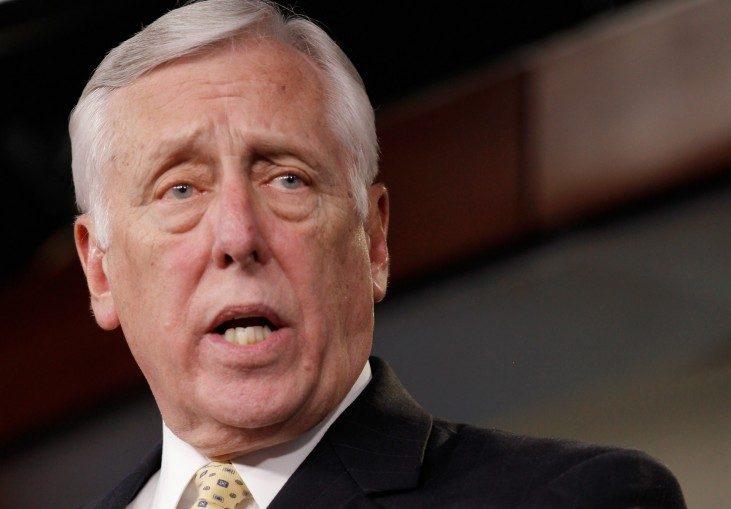Recent escalated violence in Hong Kong, in particular, the intense clashes between protesters and police at a university ground, has prompted condemnation from several U.S. government officials.
“The escalating violence in #HongKong is extremely concerning and the premeditated attack on university campuses, where over 1k rounds of teargas were used, raises disturbing questions as to whether the #Chinese govt’s strategy is to create more chaos & new protests,” the Congressional-Executive Commission on China (CECC) wrote on Twitter Nov. 13.





